Graham Reid | | 9 min read
Rachel Dawick: Jennie Anderson
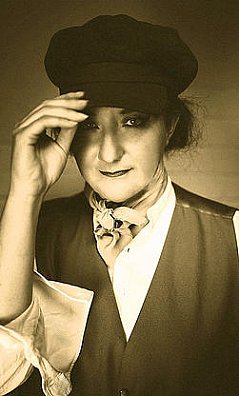
Last week, the day before our conversation, disaster befell singer-songwriter Rachel Dawick. Invited to the New Zealand Woman's Weekly for an interview about her ambitious theatrical production The Boundary Riders; Musical Tales of New Zealand Pioneer Women, she was then asked if they could get some photos of her with her guitar.
When she opened up the case she discovered her instrument had been damaged in transit from Australia the preceding day: “A 13 inch crack all round the side so it's unusable”.
“That's a major blow when you've got your album and tour launch coming up, and unfortunately a guy I know who is an amazing luthier just flew off to Australia. I do have a second guitar, but it's not an acoustic. It's a vintage electric but has a little link that needs to be fixed.
“Sometimes you think life is trying to throw these things in your way. So last night after a long trip back to New Zealand – I came via Australia from England where I visited my parents who turned 80 – I just wept. That was enough.
“I was thinking this was the last blow and I couldn't recover from this, but it's not the end of the world. No one has died. You've got to look at what you have and be grateful, but sometimes it's hard.”
And, as she acknowledges with a laugh, in the greater scheme of things, a broken acoustic guitar – even a very special one – is not a real disaster, especially when she considers the lives of the pioneer women about whom she sings in her show.
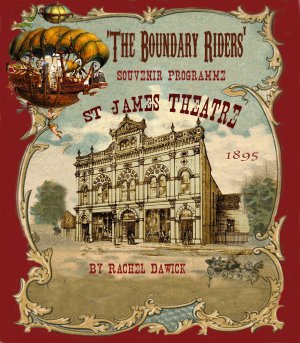 The elaborate Boundary Riders
production – which includes a four-piece band and Steve Bretel as
the narrator comes in two acts --, presents the lives of women who
left Victorian England or Irish poverty and journeyed to far side of
the planet.
The elaborate Boundary Riders
production – which includes a four-piece band and Steve Bretel as
the narrator comes in two acts --, presents the lives of women who
left Victorian England or Irish poverty and journeyed to far side of
the planet.
And in the course of the production – which has a beautiful and informative period-style full colour 50-page programme outlining the project and the history of the characters, and a double CD of the music – the audience gets to meet a Scottish washer woman with 14 children and no husband, tiny Biddy Goodwin a gold prospector, entertainers including Jennie Anderson who did magic tricks dressed as a Japanese woman, a prostitute and others.
“So I was thinking about those people who came out here, leaving Victorian society. I got upset about my guitar but I just kept thinking about the strength of those women and so I was, 'C'mon Rachel, look what they did. You can't even compare it'. “
The production has been four difficult years in the making and Dawick says never expected the project to take so long, but there were personal setbacks, a relationship broke up, people were trying to persuade her away from the project and she has been itinerant for most of that time.
“I don't actually live anywhere, I gave up that idea of having a base because it wasn't really practical with the music. I couldn't really do two things and one had to go, and that was a place to live. I've been like that for most of my life and certainly for the last four years.”
Some would see a freedom in that?
“The freedom would come if it was financially easier,” she laughs. “When it's more necessity than desire it takes away the romantic illusion. Who wouldn't like to have a base to come back to and rest? I love traveling, meeting new people and all the experiences that come with it. But it's not that it isn't at a price.”
Dawick says the project – which she is launching this Friday and then starts touring from October 2, see dates below – had its gestation back in childhood in some ways but recognises too she is part of a group of people (the recent Wheel of Experience show, Chris Priestley's recent Unsung Heroes album and others) where Pakeha are now exploring their own history and heritage in New Zealand.
“I was born in Palmerston North and went to school there and at no point through that whole time did we have any history about New Zealand. I think we had a tiny bit about the Treaty of Waitangi but even that was a bit dubious the things that were said. Everything we learned about was England or America in Social Studies, maybe those who took History later on had a part of it.
“Ironically the only part of our history that connected with me was when I was 10. I was the leader of our Maori club and that was the only real connection with New Zealand, it was through waiata.
“That was my first real connection with music although I listened to things like Abba at that age, but doing that was the most influential thing because from then I took up guitar.”
She doesn't come from a folk or even music background (her parents were in musical theatre) and grew up loving David Bowie and Michael Jackson's Off the Wall album like others her age.
“The first thing I sang on my own apart from the Maori club was “Ground control to Major Tom . . .”
However when she moved to Christchurch in around 2000 – after playing flamenco and exploring world music – she started playing in folk clubs and through Denny Stanway of Rua was introduced to two other singers and they formed the blues/Celtic folk band Ruby Blue.
Ironically it was years later when she was living in Scotland where she started to think about New Zealand folk songs after hearing artists like Boo Hewerdine singing about journeys to New Zealand.
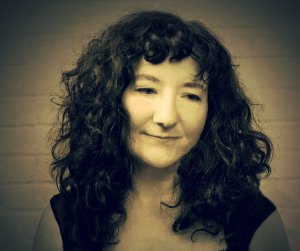 “He'd written a song with Eddie
Reader about people coming to New Zealand in the Forties and I was
quite homesick at the time, so I was thinking, 'Here are these people
singing about the place I come from' and I felt there was journey
there I had to make.
“He'd written a song with Eddie
Reader about people coming to New Zealand in the Forties and I was
quite homesick at the time, so I was thinking, 'Here are these people
singing about the place I come from' and I felt there was journey
there I had to make.
“Which was quite difficult because all my family had moved to England, so I had to come back here for my own reasons.”
She knew about the work of New Zealand folk archivist and singer Phil Garland but when she read one of his books she wondered where the songs by women were. Her plan was to come back to New Zealand -- after being away for two years in Nepal and eight in Britain – and add songs by New Zealand women to her repertoire.
“When I came back I realised why they weren't in the book. Because they weren't there. Apart from a couple of parlour songs there were no songs written by women in New Zealand. There are other areas of literature and art where women are present so I'm not sure why the women who went over were, for whatever reason, just not into that area. They brought music over with them rather than creating their own.
“It was like there's a massive area of women's voices which weren't there, it felt the right thing to find the stories both for myself and my own sense of history, and coming back home and finding out what that meant. And also that sense of what that must have been like for women making that journey.
“There are songs written by men about women, but it's very hard to explain sometimes that people's perspectives are very different. I wanted a way of inputting from a female perspective that aspect of history. I had just done a Masters degree in songwriting at Tyne so I felt equipped to do a challenge like that because it was taking me into an area of research.
“The stories were part of my childhood that I never had and I just thought it would be wonderful to put them out there so other people could make things up and follow through with their own heritage. I thought that would be an amazing thing to add into life.”
Although The Boundary Riders may seem to turn attention onto the bleak and hard lives of these pioneer women, Dawick says there are happy stories and characters within it.
“I see Biddy as a happy story. She had a hard life but was actually very happy. And Jennie Anderson, even though she died when she was 19 and only been married just under a year. So hers was an incredibly short career but she was a remarkable figure.
“The difficulties they encountered we see as sad, but that's our perspective. If you were living that life you just got on with it.
“I lived in Nepal for two years and when I came out people said, 'Wow you must have found that really hard'. In my my first year I lived above five goats in this two bedroom mud place, but you don't see it like that.
“What it taught me was the richness that was around and when I came away from Nepal the hardest thing was the culture shock the other way and looking at what we have lost; the human connection, the time for people, the richness of that.
“That's what I think of about these characters. Their lives were a struggle to survive and they had real problems, not like a broken guitar!”
The lack of primary source material immediately struck her but as she explored the stories of many pioneer women she felt drawn to present them as fleshed out characters, and increasingly thought in a theatrical way about how to present the songs.
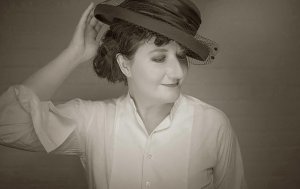 Despite having been an English and
drama teacher in schools in Britain, she hadn't thought of song and
theatre as going hand in glove, even as she pieced together the
narratives and songs.
Despite having been an English and
drama teacher in schools in Britain, she hadn't thought of song and
theatre as going hand in glove, even as she pieced together the
narratives and songs.
“But that process of bringing characters to life [in song] is the same as you would do in a play and what was important was I wanted to be able to see and feel and hear the characters. So the first person narrator became very important.
“That's what my ex found very difficult. He said, 'I think you are getting too involved with the women'. He was worried I was going to take on their personalities. But if you were an actor learning a part this is what you would do, the process is exactly the same. I thought I had to understand these women and what they had been through so I could feel I could write about them from the inside.
“I'd never done that before and I absolutely love it and that's the thing I need to carry on with now and develop.”
The show has a male narrator for practical reasons (“I was conscious that otherwise it was my voice all the way through”) but also because history has traditionally been told by men.
“So there was something in the back of my mind that the voice should be male, but it really was the production side. And I also had a friend [Steve Bretel] I knew would be perfect as a narrator because he has such a great voice.
“When I was putting together the show I was very influenced by Mike Batt's The Hunting of the Snark. I loved that, all the different voices, and I guess in my head visually I was seeing that style of performance. John Hurt as a narrator, what a beautiful voice.
“I love the male voice and that's probably why I like David Bowie, such a beautiful rich tone. That's why I wanted that voice guiding us through . . . and men were an essential part of that story.
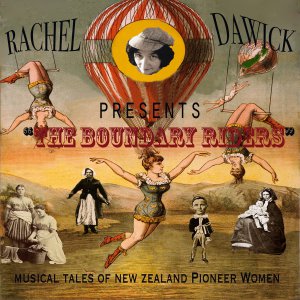 “I also didn't want it to feel like
some feminist movement, it's not about that. These are people's
mothers, sisters and daughters and it's just about another side of
history.”
“I also didn't want it to feel like
some feminist movement, it's not about that. These are people's
mothers, sisters and daughters and it's just about another side of
history.”
Interestingly the double CD (right) in a gatefold cover has one disc of the full production with the narration included and the other disc just the stand alone songs.
She also become increasingly drawn to the idea of performing in costume and character and traces that back to a very recent experience in Britain when she performed solo for the first time in a while.
“For the first time I started to dress up and starting to act the characters in the songs, I hadn't done that before because I don't see myself as a very good actress although I've directed plays in the past. “When I sing that to me isn't acting for some reason, although I don't mind talking to an audience through songs. But somehow it came together that night, maybe because I found myself on my own.
“I went acoustic and away from the microphone and walked around the audience and I loved that experience.
“I realised that's where I need to start heading now, it's about taking barriers away and making the audience feel a part of it. For me theatre is about bring the audience back and getting them involved so they feel they've come through an experience.
“And to me it's about making magic, seeing our history as magical. I just love it.”
Rachel Dawick launches her production and book at the Auckland Central Library this Friday (see poster below) and her dates for her extensive national tour are here.
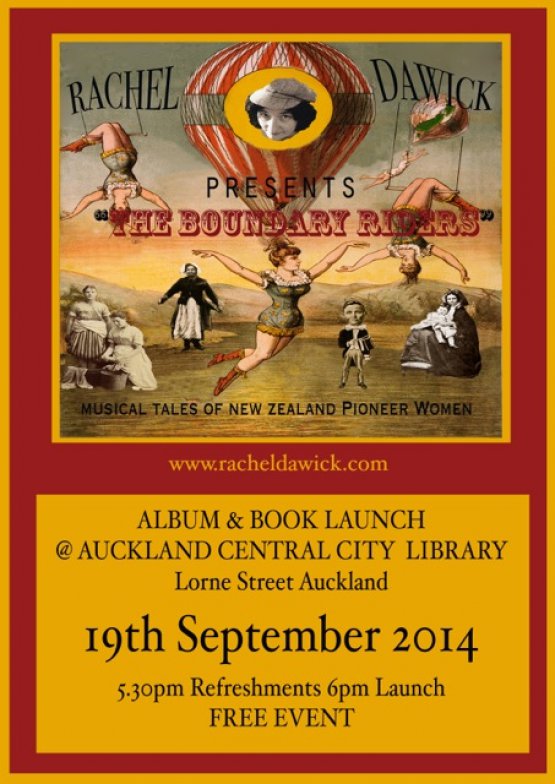

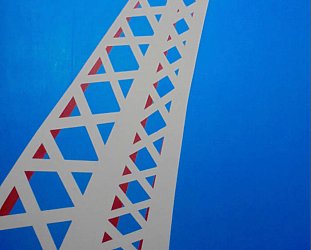
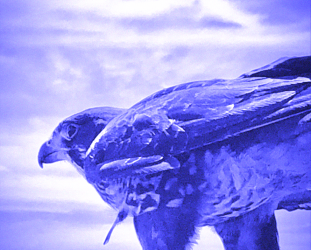
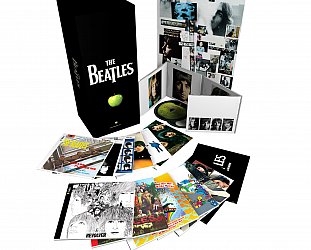
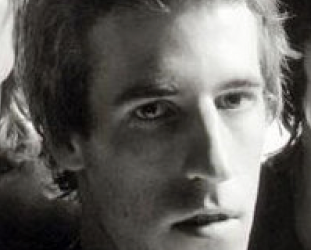
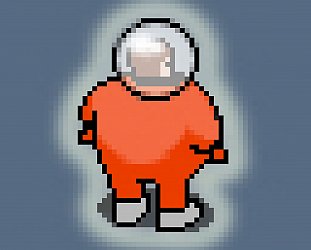
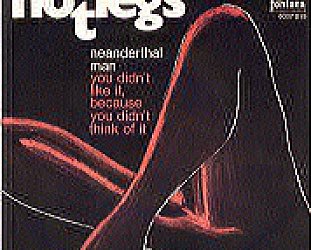
Brian - Sep 20, 2014
Thank you Graham for this post and your interview with Rachel.
SaveI have just listened to an interview with Rachel, along with some songs from her Boundary Riders Project on National Radio. Wow - this struck me immediately ( helped by the intro song ) and I was just spellbound listening to these fascinating stories of Pioneering women.
In your story/ interview here Rachel's account of the lack of History at school mirrored my own and I imagine most peoples experience back then ( 60', 70"s ). Primary, intermediate and High schools - almost nothing . The Treaty, Gallipoli and Anzac ( we kinda knew about Anzac day but really knew little of what it was, beyond a holiday ) and the real lack, sadly, of New Zealand's own history was never taught. Rather any history was most often about the UK or sometimes US.
We are a product of our history and mostly we don't discover this until later in life and you almost have to make a conscious decision, to find out more.
I am certainly no authority ( something I need to work on ) here but have been very fortunate to visit Gallipoli and there is something present there that hits you ( in a very New Zealand, this is our country, and this happened to thousands of young and unknowing men ) way.
I have traveled a little and I tell people - if there is one thing they owe to themselves, it is to visit Gallipoli if they ever get the opportunity.
It is something that overwhelms and powerfully resonates to your very core. There are not many , if any, Kiwis ( same for Aussies ) who can be there without tears welling up and flowing unashamedly.
Both your interview and the Nat Radio piece reflect this sad phenomenon, for many, of the lack of NZ history. way back then. I am pretty sure things have changed in today's schools. Certainly the Treaty is well covered.
Again thanks for this wonderful insightful piece. I will certainly be getting to tickets to both the story and the music shows. Cheers.
post a comment